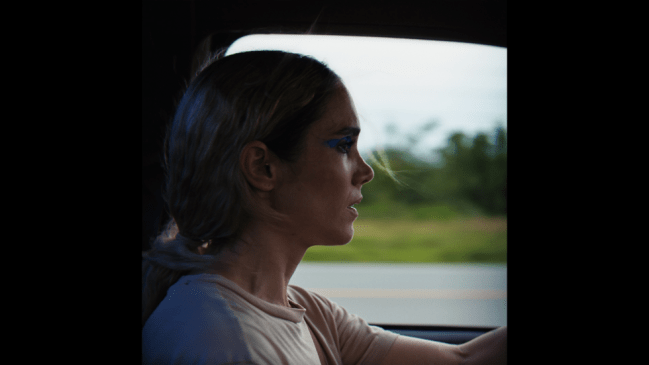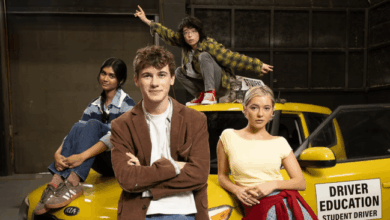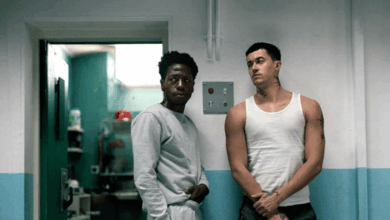Charliebird Film Review: A Poignant Look at Music Therapy and Connection

How do you bring a spark of joy to one of the saddest places on Earth? For Al (Samantha Smart), the answer is simple: carry a ukulele and meet grief with song. In Charliebird, winner of the U.S. Narrative Jury Prize at the 2025 Tribeca Festival, we follow Al’s journey as an in-house music therapist at a Texas children’s hospital — a setting where death often feels imminent, and hope is delicate.
Al’s job is to offer brief moments of relief to young patients through music, whether that means singing lullabies to toddlers or searching for a beat that can lift a teenager’s spirits. One such teen is Charlie (Gabriela Ochoa Perez), a 17-year-old who has spent years in hospitals and is convinced no one is telling her the truth about her condition. She resents the idea of music therapy, dismissing it as irrelevant to her situation.
But Al doesn’t push. Instead, she listens, jokes, and gently creates space for connection. What follows is a subtle, tender narrative that unfolds almost entirely through dialogue and shared silences. There are no dramatic medical miracles or life-altering plot twists. Instead, Charliebird focuses on two people learning to connect in the face of inevitable endings.
Smart’s performance as Al is layered with empathy, never slipping into performative inspiration. Perez, meanwhile, brings Charlie to life with a blend of teenage sarcasm and aching vulnerability. Their chemistry is the soul of the film, making even the simplest scenes emotionally resonant.
Jean Smart Shines in “Call Me Izzy” – A Bold One-Woman Broadway Triumph
What sets Charliebird apart from many hospital dramas is its refusal to glorify or oversell music therapy. The film shows its limitations — the truth that art doesn’t cure terminal illness. But it also makes clear that distraction, dignity, and shared laughter still matter. The film avoids easy sentimentality and instead highlights the small, human victories that make unbearable realities slightly more bearable.
See More ...
Cinematographer Luca Del Puppo adds to the intimacy with close, contained frames that keep us physically close to the characters. There’s a raw, present energy in how the story is told — we are not asked to pity the characters, but to live with them for a while.
Charliebird isn’t a film of big events, but of important moments. It reminds us that while not every outcome can be changed, memories can be built, and that’s often what endures. Some stories aren’t about saving lives — they’re about honoring them.
Peter Straughan on Adapting “The Mirror and the Light” Into Masterful Historical TV
Verdict:
Grade: B+
A quiet, emotionally resonant film that elevates real-world music therapy through authentic characters and a respectful, minimalist approach.




